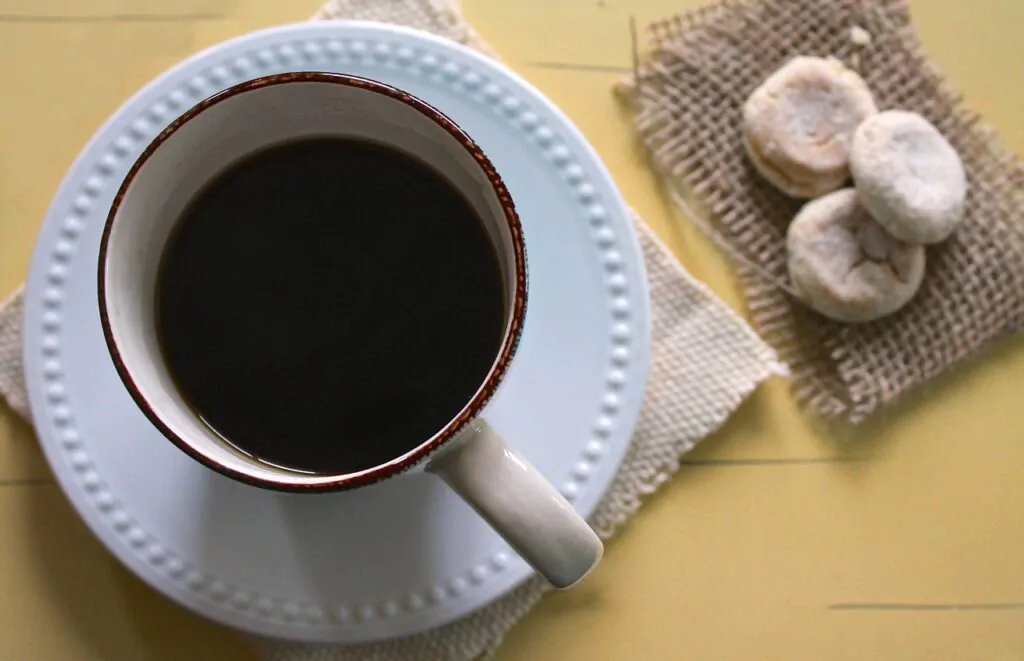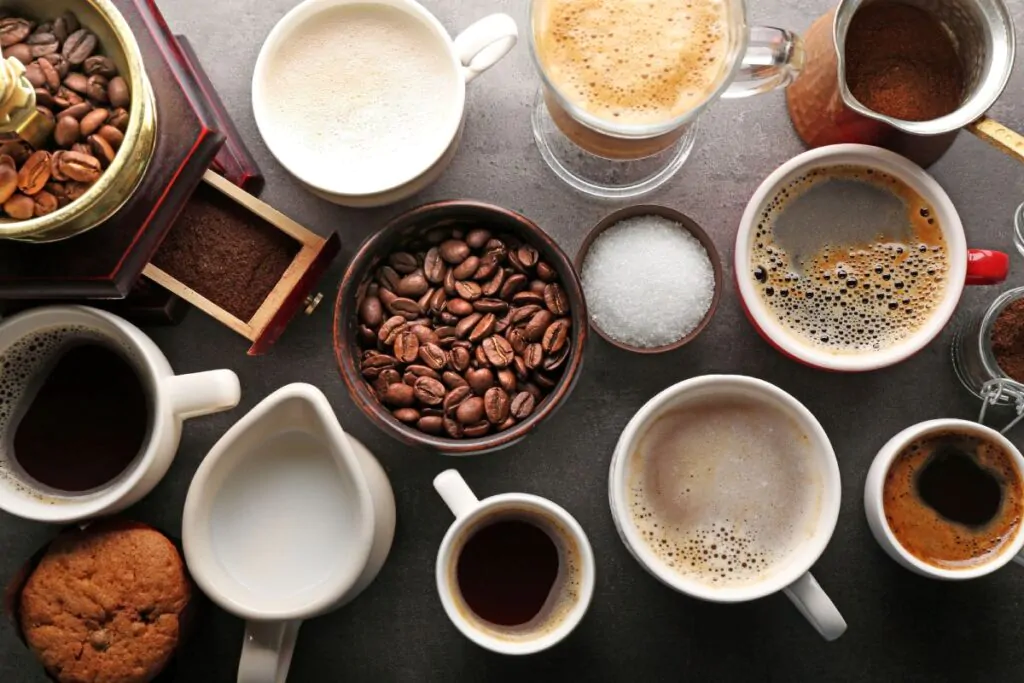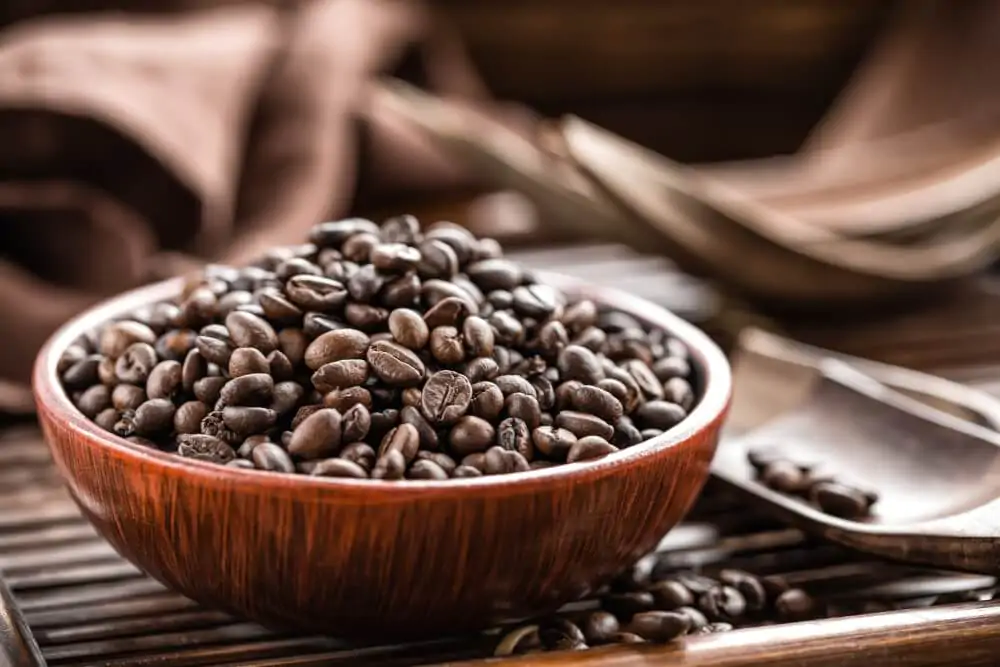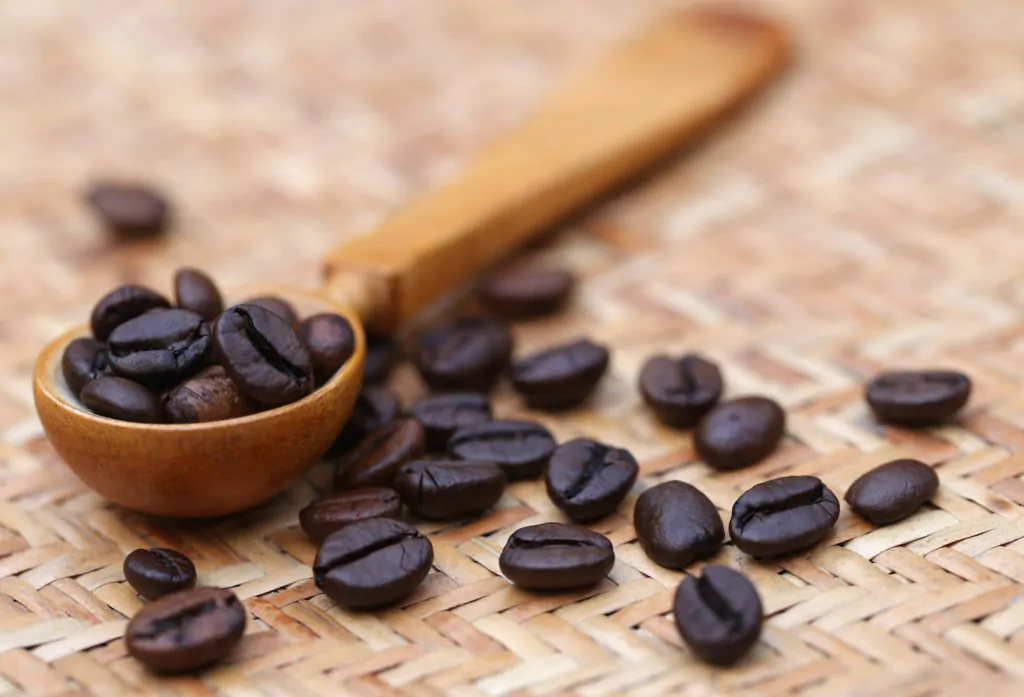Want to know how many milligrams of caffeine is in a cup of coffee? Read on to learn the factors that determine the caffeine content of your cup of Joe.

If you’ve ever felt out of energy in the morning and shuffled into the kitchen to get your energizing cup of Joe only to discover it didn’t provide the kind of kick you needed. In that case, you may have wondered just how many milligrams of caffeine is in a cup of coffee. Once the morning fog lifted, it probably dawned on you that the answer depends on quite a few things.
Factors That Determine The Milligrams Of Caffeine In A Cup Of Coffee
The number of milligrams of caffeine in a cup of coffee is determined by the type of coffee, the kind of beans, the roasting method, and the size of your favorite mug. Looking at all these things together can help you figure out how many milligrams of caffeine are in your cup. If you like this post, you might enjoy reading about the best coffee for pre-workout.
Type of Coffee Matters

The type of coffee in your cup matters because how the beans are prepared affects the caffeine content. Decaf, instant, brewed, and espresso are the most popular types to consider.
Decaf Coffee
Decaffeinated coffee is not entirely caffeine-free. However, the amount of caffeine varies depending on the kind of beans and the method of decaffeination used.
Instant Coffee
Instant coffee is a spray-dried or freeze-dried form of brewed coffee that dissolves easily in water. As a result, the caffeine content is usually less than in regular brewed coffee.
Brewed Coffee
Regular brewed coffee is made by using a filter to run boiling hot water over ground beans. Its caffeine content is more than decaf and about the same as espresso.
Espresso
The method used to make espresso involves using pressurized water or steam with finely ground beans. As a result, espresso’s caffeine content maybe a little more than regular brewed coffee or about the same.
Caffeine Content Of Your Beans

The type of beans used to make your morning java influences how much kick you will get from your cup. The two most produced beans in the world are Arabica and Robusta, and their caffeine content is far from similar. You might also be interested in learning if espresso loses caffeine over time.
Arabica Beans
Arabica coffee beans contain about 34.1 to 38.5 grams of caffeine per kilogram.
Robusta Beans
Robusta coffee beans contain about 68.6 to 81.6 grams of caffeine per kilogram.
Caffeine And Roasting Methods

Lighter roasts have greater caffeine content than darker roasts when compared by weight instead of volume. However, the difference in caffeine content varies between batches, so that the averages are not overwhelmingly significant but can still add up when considered with the other caffeine content factors.
Cup Size Matters
Of course, more coffee in your cup means more caffeine in your cup. From 2 mg to 728 mg, this is how some of the most popular brands and cup sizes measure up in terms of how many milligrams of caffeine is in a cup of coffee:
1 Ounce Shot
Espresso – 63 mg
8 Ounce Cup
Starbucks Pike Place Roast – 180 mg
Death Wish Instant Coffee – 300 mg
10 Ounce Cup
Dunkin’ – 215 mg
12 Ounce Cup
Folgers Classic Decaf – 2-8 mg
McDonald’s – 109 mg
Starbucks Pike Place Roast – 260 mg
Seattle’s Best – 260 mg
Death Wish Coffee – 728 mg
16 Ounce Cup
Starbucks Decaf Pike Place Roast – 25 mg
McDonald’s – 145 mg
Starbucks Dark Roast – 260 mg
Dunkin’ – 302 mg
Starbucks– 310 mg
Starbucks Blonde Roast – 360 mg
20 Ounce Cup
Starbucks Pike Place Roast – 410 mg
Dunkin’ – 431 mg
How Many Milligrams Of Caffeine Is In A Cup Of Coffee FAQs
How Much Caffeine Should You Have In A Day?
On average, 400 to 600 milligrams of caffeine per day is not a problem for most folks. However, it is best to remember that every person is different, with varying tolerances, health conditions, etc. If you are concerned about caffeine intake, please consult with your doctor.
Is Caffeine Bad For You?
Caffeine is present in most items we consume, including supplements, over-the-counter cold medications, etc. Caffeine intake is typically not a problem unless it is in large doses, which can cause anxiety, insomnia, panic attacks, rapid heartbeat, and other undesirable effects.
